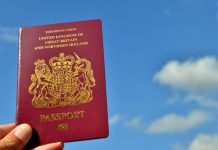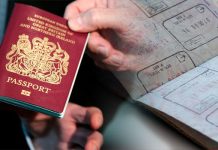What happens to my assets in Thailand if I don’t have a Last Will and Testament ?
The Last Will and Testament is a declaration of intent concerning dispositions of your assets or other matters which shall take effect, according to law after your demise. The document will detail your assets in Thailand, such as property, bank accounts, vehicle, and personal valuable items, designating who shall inherit and control them according to your wish to prevent unnecessary complications and quarrels between family members.
In Thailand, when a person dies without a Last Will and Testament, the intestate’s assets must be distributed in accordance with the law. As stipulated in The Civil and Commercial Code Section 1629, there are six classes of statutory heirs in Thailand. Each class is entitled to inherit in the following order;
-
Descendants
-
Parents
-
Brothers and sisters of full blood
-
Brothers and sisters of half blood
-
Grandfathers and grandmothers
-
Uncles and aunts
The right of a surviving spouse to share in the estate of a deceased spouse arises automatically from marital status. Spouses who are under separation do not lose the right of inheritance to one another as long as the divorce between them has not been granted according to law. Ordinances awarding such rights of a surviving spouse make the spouse a statutory heir. Before any distribution of the estate to the relatives, half of the estate (Sin Somros) will belong to the spouse, if any, and the rest will be distributed accordingly.
Different jurisdictions usually require different formalities for the wills. Having a will drafted in your home country to cover all your assets in Thailand may be troublesome to your family, especially in the event that the will might be invalid in Thailand courts should it not conform to the Thai law requirements. A Thai will should be prepared and signed on Thai Territory to ensure that Thai rules regarding the form of your will apply.
Your Last Will and Testament shall cover five important points:
-
Specifying the assets in Thailand
-
Appointing an Executor
-
Naming all the beneficiaries of your assets
-
Instructing how the assets shall be distributed to your beneficiaries
-
Instructing how funeral must be arranged
Overall, the Executor will administer your estate and make sure that everything is done according to the terms of your will. Appointing a trusted executor is an important decision that needs thorough consideration. The responsibilities of an executor include making sure all assets are accounted for, all existing debts and tax obligations are paid, and that remaining assets are distributed to the correct beneficiaries in accordance with your will. Most individuals tend to choose family members or close friends to act as an executor, it is important that he is someone you can completely trust. If you don’t have a friend or a family member with the necessary expertise, consider hiring a lawyer, accountant or similar type of professional to act as your executor.









